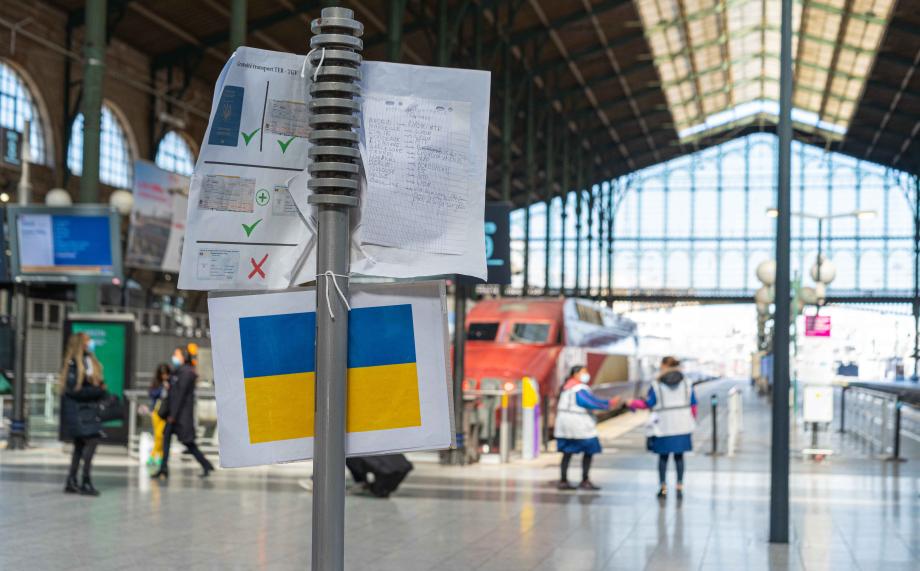Between Vague Return Prospects and Limited Employment Opportunities: The Challenges of Ukrainian Refugees’ Labour Market Integration

Russia’s full-scale war against Ukraine resulted in Europe’s largest and fastest forced displacement since World War II, with millions of Ukrainians fleeing abroad. The EU swiftly reacted to the mass influx, activating the Temporary Protection Directive, which granted Ukrainians a special temporary protection status, including the right to work, until March 2023, later extended to March 2024. Following the domestic legislation implementing the Directive, the EU Member States provided Ukrainians with financial assistance, housing, medical help, access to their labour markets, and education for children.
Opinion polls show the determination of an absolute majority of Ukrainian refugees to come back home once safety is ensured or upon some other conditions. Yet, for the time being, the continuation of active hostilities and, in particular, Russia’s shelling of Ukrainian cities and towns means that most refugees have to postpone their thoughts about returning and start adapting to the realities of sustaining their lives in host countries in the short and, increasingly, midterm perspective. The EU Member States, too, had to adapt to the protraction of the war, changing their refugee support from a sprint to a marathon-like approach - reducing some of the earlier welfare benefits and placing more emphasis on widening the employment promotion efforts.
Although currently, it is hard to predict the duration and the outcome of the war, it is clear that, under any developments, a part of Ukrainian refugees will remain in the host countries and the longer the war, the bigger the share of those who will settle in the EU for good. This poses the problem of effective refugee integration, in which employment is one of the crucial elements, as it ensures economic self-sustainability and encourages participation in the host countries’ social and cultural life.
The successful integration of Ukrainian refugees, many of whom are young qualified professionals, is in the long-term interest of most EU Member States with their unfavourable demographic trends and related labour shortages. However, it is not without cost in the short run. The policy brief considers the current situation with the employment of Ukrainian refugees and overviews host countries’ efforts to facilitate refugees’ access to the labour markets. It draws attention to the areas where further action is feasible to ensure effective socio-economic integration of Ukrainians that would also benefit the host economies and societies.
Read more in the policy brief below.
